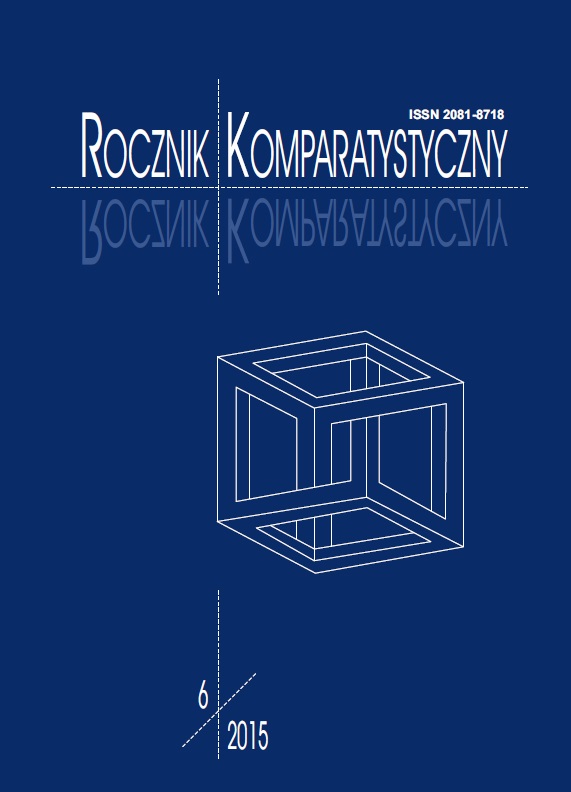Pogranicze jako fakt i kulturowa metafora
Borderland as a Fact and a Cultural Metaphor
Author(s): Roman DziergwaSubject(s): Language studies, Language and Literature Studies, Theoretical Linguistics, Studies of Literature, Comparative Linguistics, Philology, Theory of Literature
Published by: Wydawnictwo Naukowe Uniwersytetu Szczecińskiego
Keywords: comparative literature; Polish and German contemporary prose; Upper Silesia; borderline in literature
Summary/Abstract: While characterizing chosen literary works in her book Bliscy nieznajomi. Górnośląskie pogranicze w polskiej i niemieckiej prozie współczesnej [Intimate Strangers. Upper Silesian borderland in the Polish and German contemporary prose] Kornelia Ćwiklak subscribes to the opinion of Małgorzata Czermińska who distinguishes three types of attitudes that autobiographical authors may adopt (a witness, a confession and (or) a challenge). In addition, the books about Silesian borderland use mainly conventions of native land literature and of initiation prose, which Ćwiklak subjects to some established classifications, for instance the books of the popular Silesian author Janosch (Horst Eckert) could be regarded as a counterweight to the vision of Upper Silesia by Horst Bienek.The search for traces of Polish-German “private” country on the border of Upper Silesia finally brings the author to truly “Proustian” issues of memory and time. The analyzed books make significant shifts in the question of identity which is not so much in emotional connection with the real present space as with the aura of the former places preserved in the human memory. As the author proves, the borderline stories become a universal prose written “in search of the lost time” on the past and its place in the present and in the future.
Journal: Rocznik Komparatystyczny
- Issue Year: 2015
- Issue No: 6
- Page Range: 457-462
- Page Count: 6
- Language: Polish

